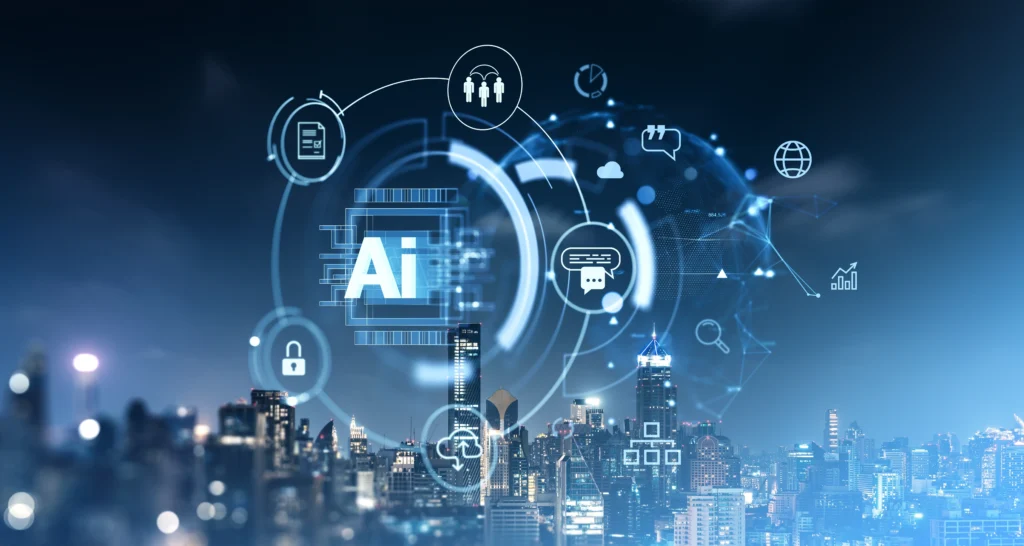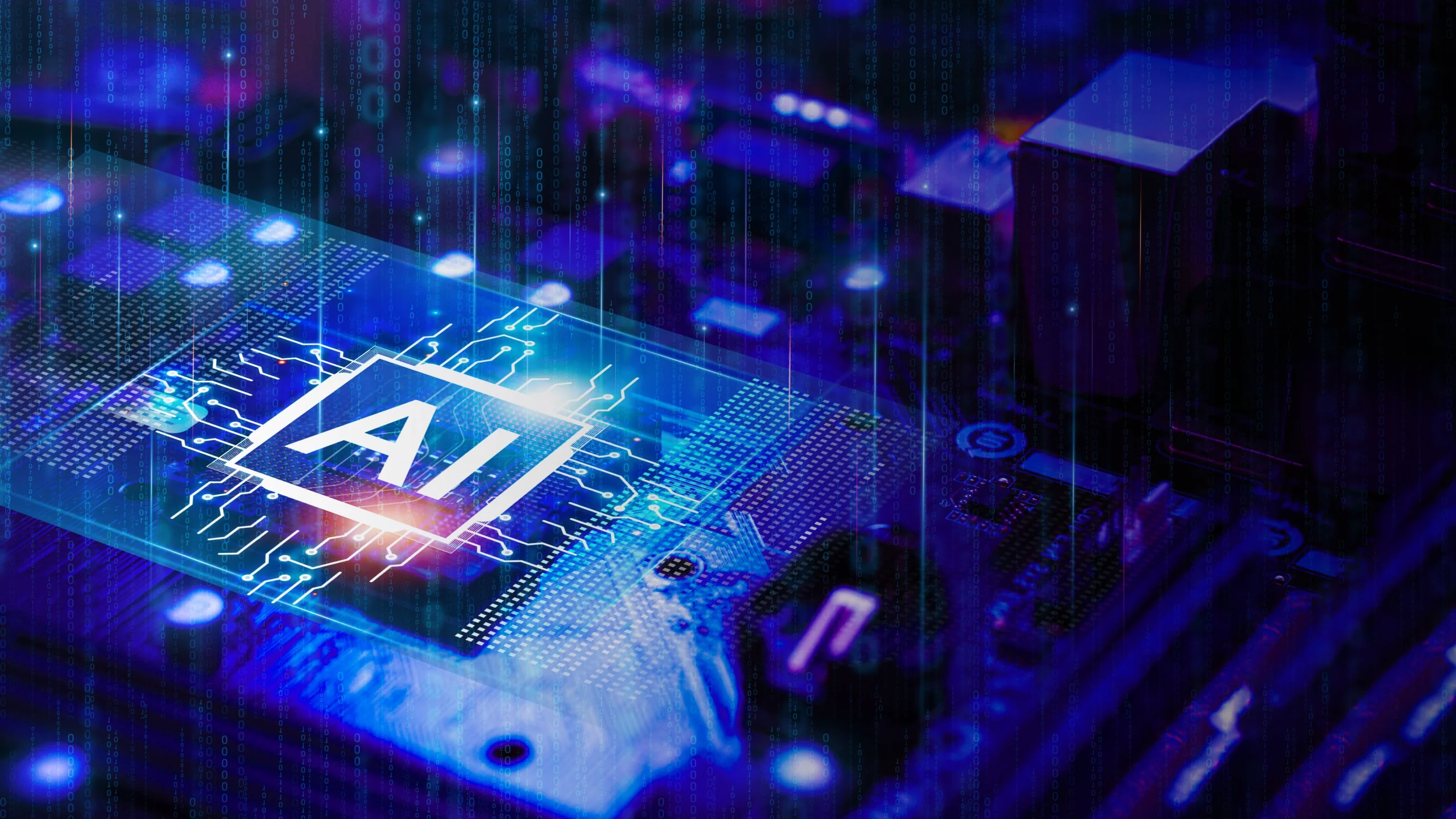Generative AI is Changing Business: Learn How to Adapt
Generative AI is more than a technological trend; it is a revolutionary force impacting industries worldwide. This technology transforms business operations by automating creative processes, generating insights, and personalizing client experiences. Understanding and adapting to these shifts is critical for firms seeking to remain competitive in an AI-driven world.
What is generative AI?
Generative AI refers to algorithms frequently based on deep learning models that can generate human-like content such as literature, photos, music, and even code. OpenAI’s ChatGPT and DALL·E and platforms like MidJourney have shown potential for businesses of all sizes.
At its foundation, generative AI uses existing data to generate something new. For example, a generative model trained on customer service interactions can create emails or chatbot responses that are consistent with a brand’s tone and style. Similarly, models trained on design principles may create marketing graphics in seconds.

Impact on Businesses
Generative AI is already transforming operations across industries:
- Content Creation: From article writing to ad copy creation, AI speeds up content creation while preserving quality. Marketers can use it to create personalized campaigns for certain audiences.
- Product Design: Companies use AI to prototype new goods faster. By studying user feedback and market trends, generative models can propose or improve new designs.
- Customer Engagement: AI-powered chatbots and virtual assistants provide 24-hour customer care, increasing satisfaction while lowering expenses. These systems are becoming more complex and have human-like reactions.
- Healthcare and R&D: In medicine, generative AI aids in drug discovery by simulating chemical interactions. It is also useful in developing educational materials for patient care and medical training.
- Operational Efficiency: Businesses use artificial intelligence to cut expenses and boost efficiency by automating mundane jobs and improving supply chains.
Challenges to Consider:
While generative AI presents enormous opportunities, it also comes with challenges:
- Data Privacy and Security: Businesses must ensure that AI-generated material does not infringe upon intellectual property rights or compromise sensitive information.
- Bias in AI Models: Because AI learns from data, it may unintentionally reflect societal prejudices found in its training materials. Regular audits are required to reduce this risk.
- Regulatory Compliance: Governments throughout the world are beginning to regulate AI, forcing firms to be aware of the legal ramifications.

How to Modify Your Company
Adopting tools is only one aspect of generative AI adaptation; a strategic change is also necessary:
- Invest in education and training to provide your staff with the know-how to use AI products. This entails being aware of the potential, constraints, and moral implications of AI.
- Begin Small and Grow Slowly: Start by incorporating AI into a single procedure, such as improving design workflows or automating email responses. After it’s successful, broaden its use.
- Work with Experts to tailor AI solutions to your company’s requirements and collaborate with AI developers or consultants. Customized solutions frequently perform better than generic ones.
- Emphasize innovation and creativity: Instead of replacing human ingenuity, use AI to enhance it. Promote the use of AI by your team for ideation, prototyping, and concept improvement.
- Track and Evaluate the Effect: Define precise measures to evaluate the return on investment of AI deployments. Review these indicators regularly to improve results and adjust tactics.
Gazing Ahead
Generative AI is a collaborator rather than a disruptor, giving companies the means to succeed and innovate. Businesses will be in a strong position to take the lead in the AI-driven economy if they adopt this technology and adjust to its possibilities.
Businesses can transform generative AI from a trendy term into a key component of their success by remaining informed, taking proactive measures to remove obstacles, and carefully incorporating AI.
Are you prepared to take the next big step? Now is the moment to take action.








